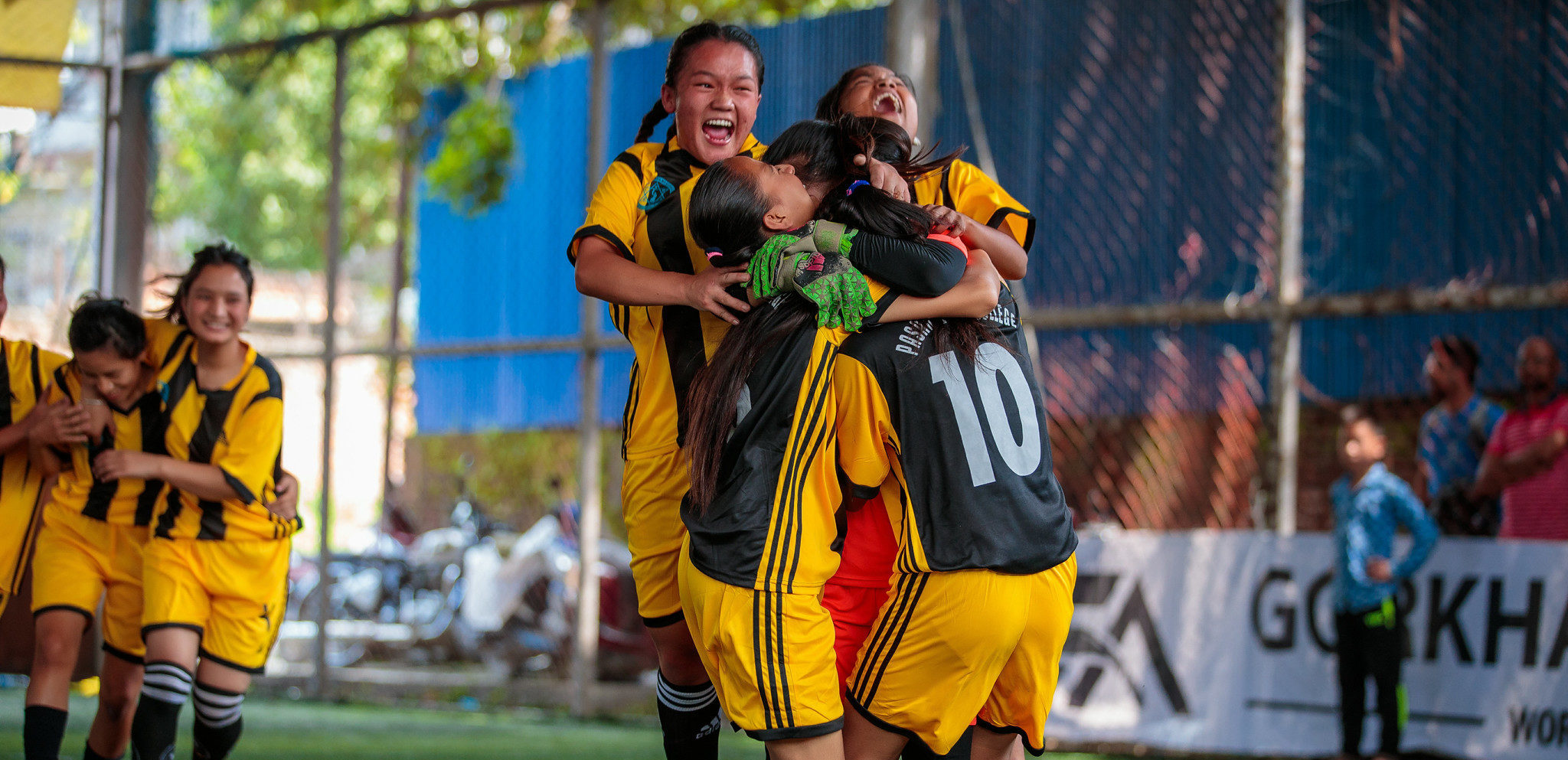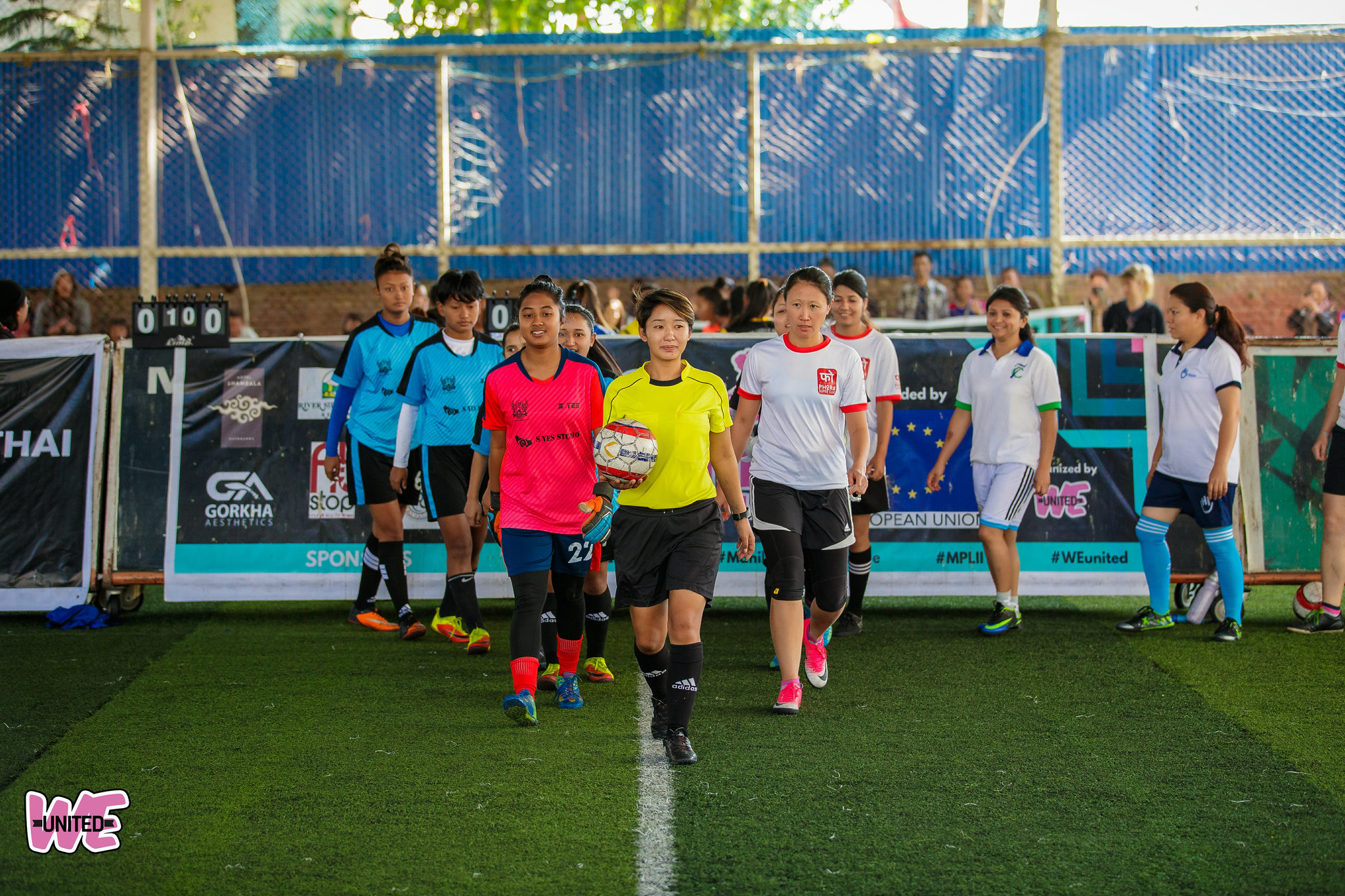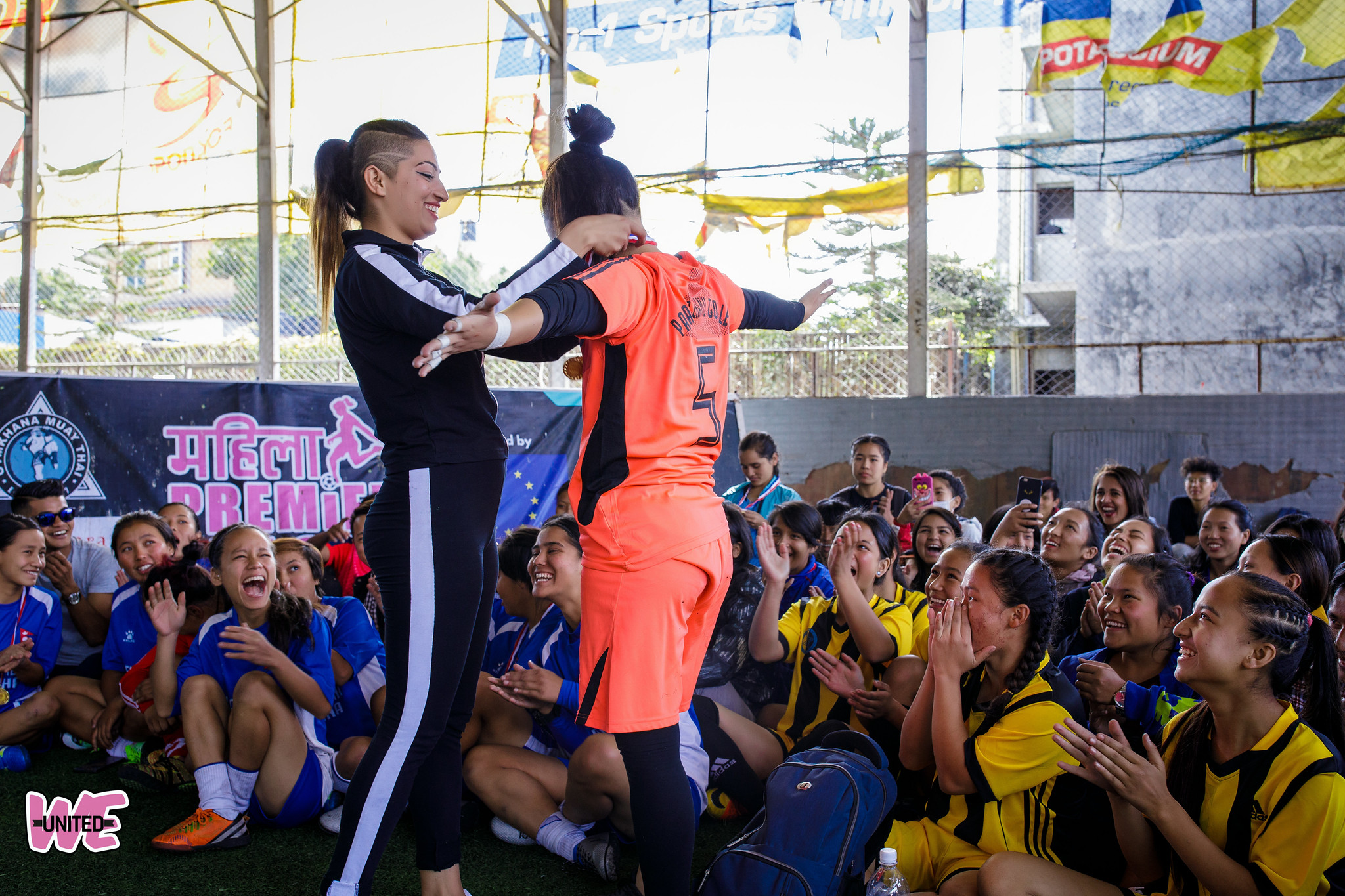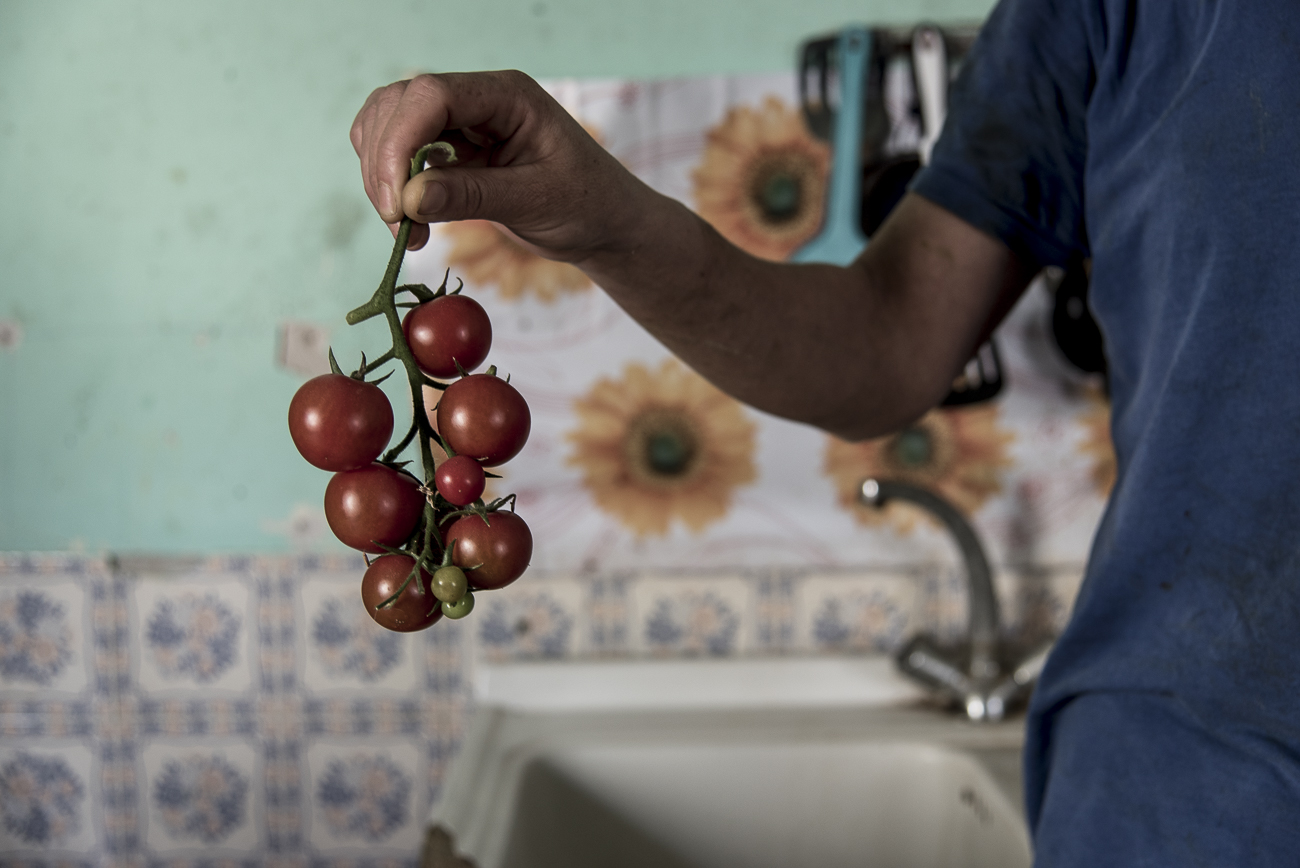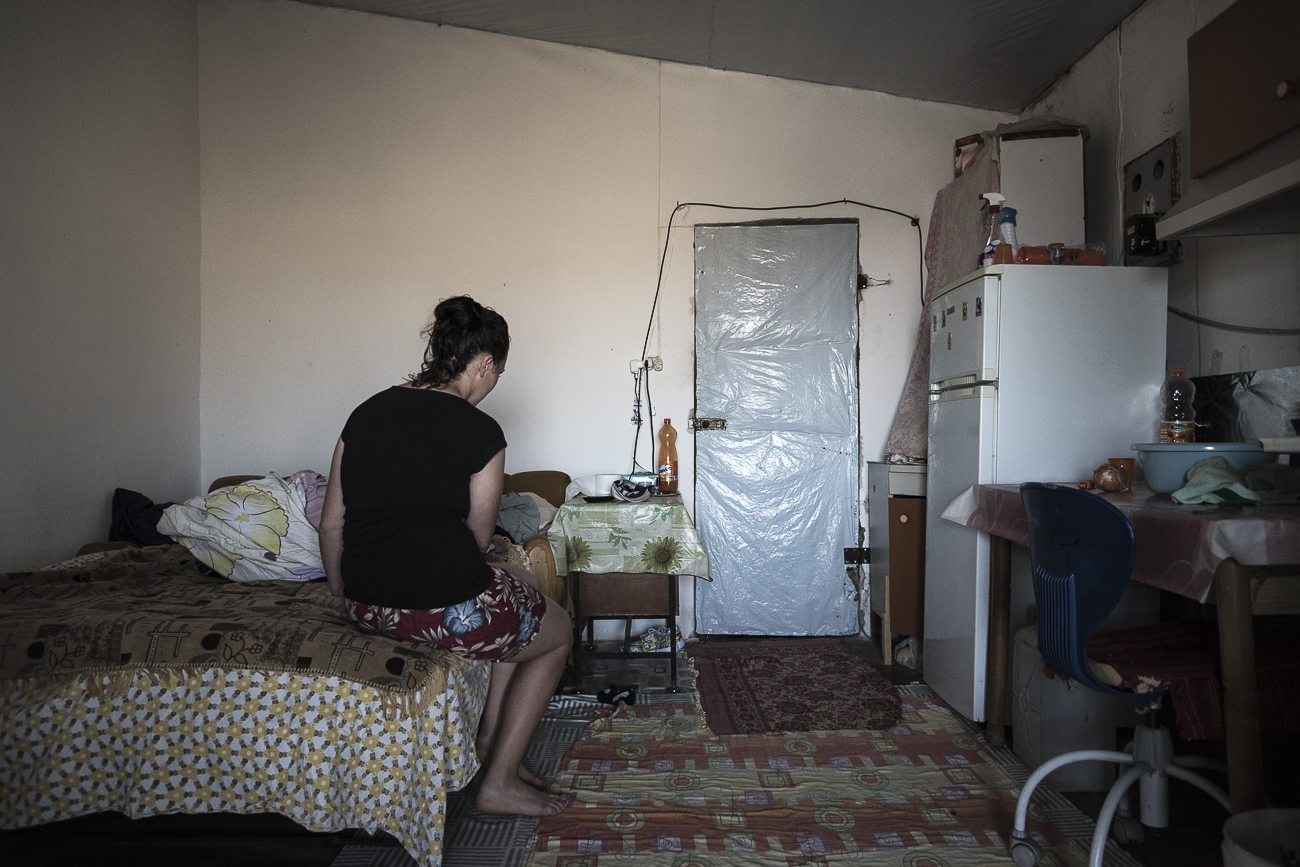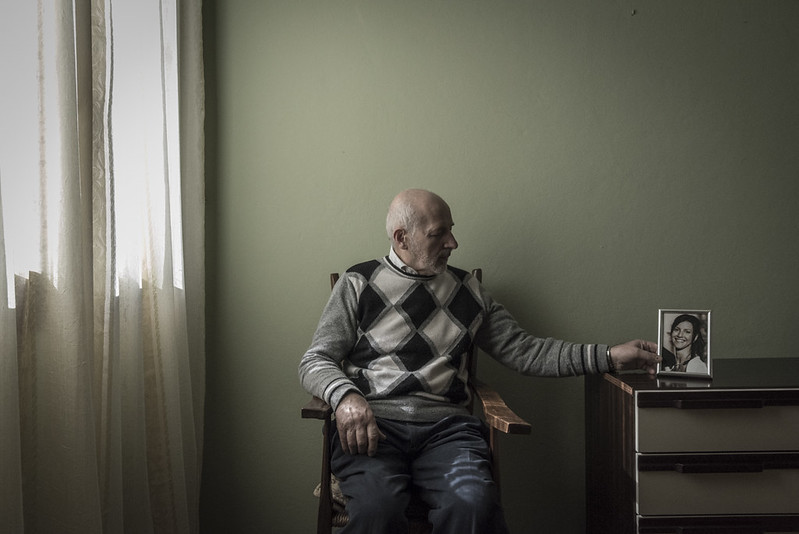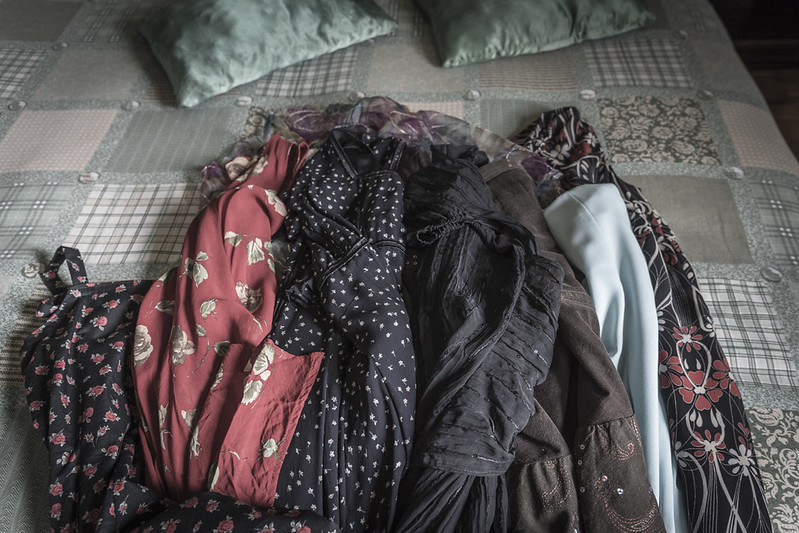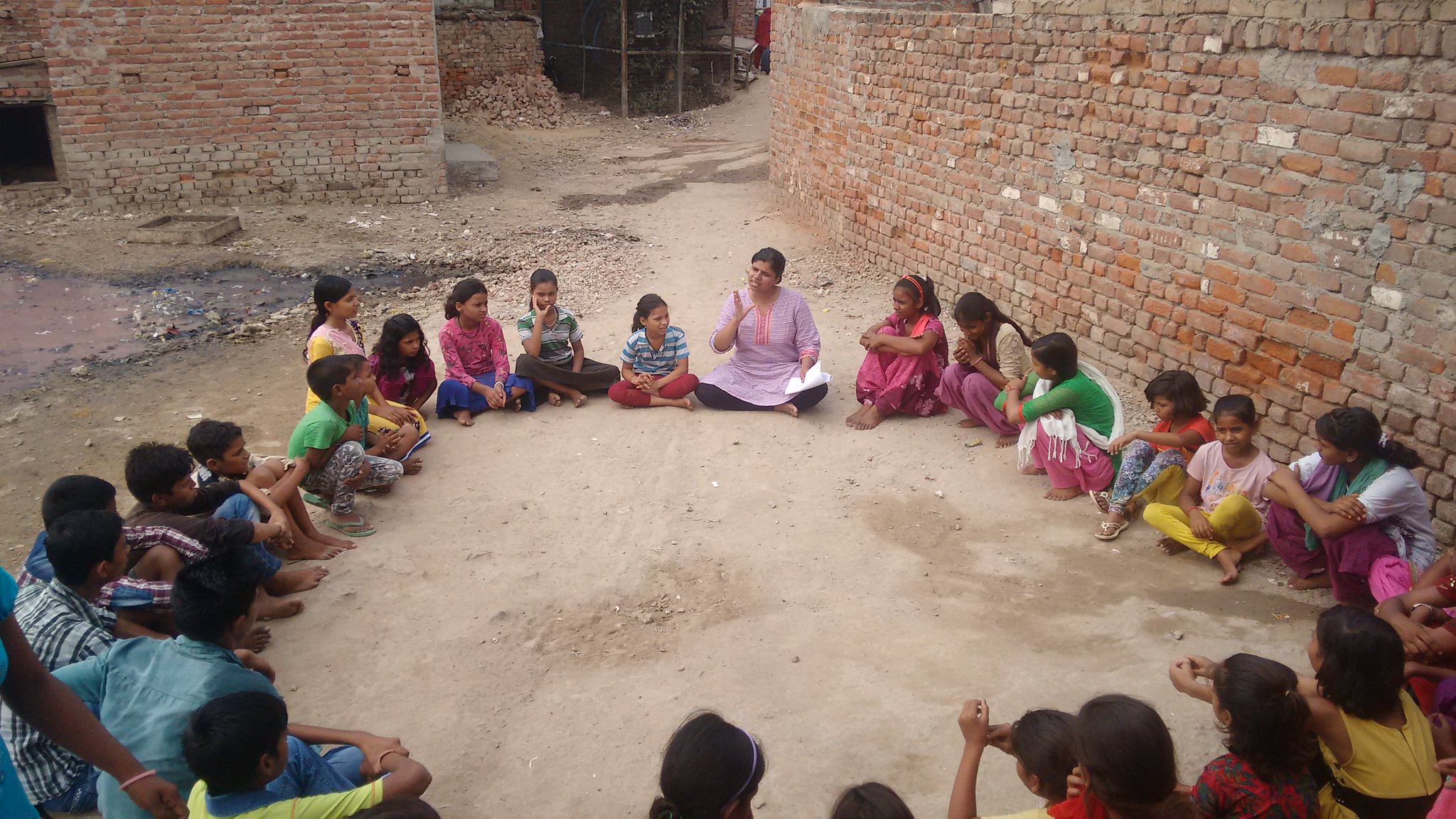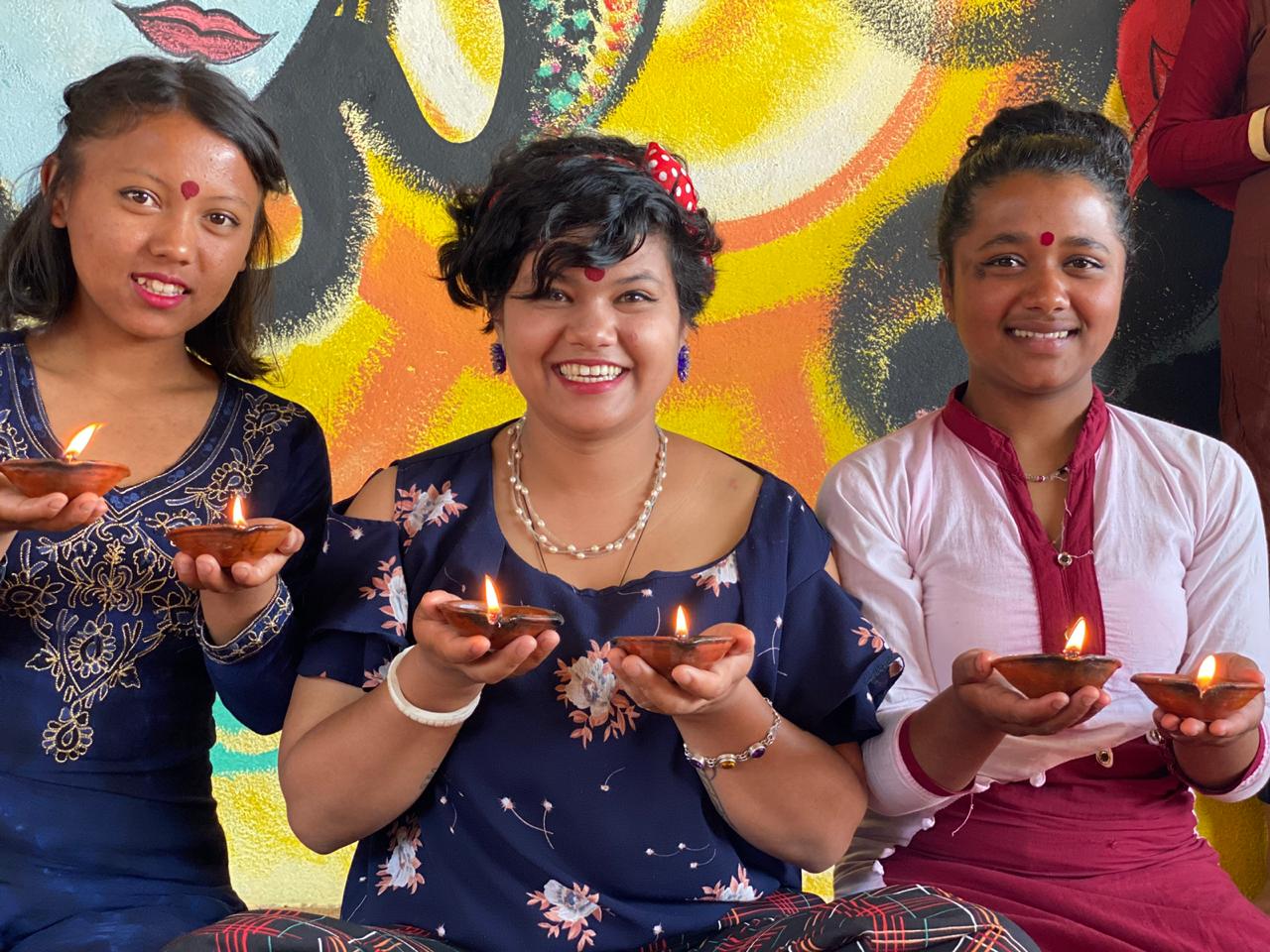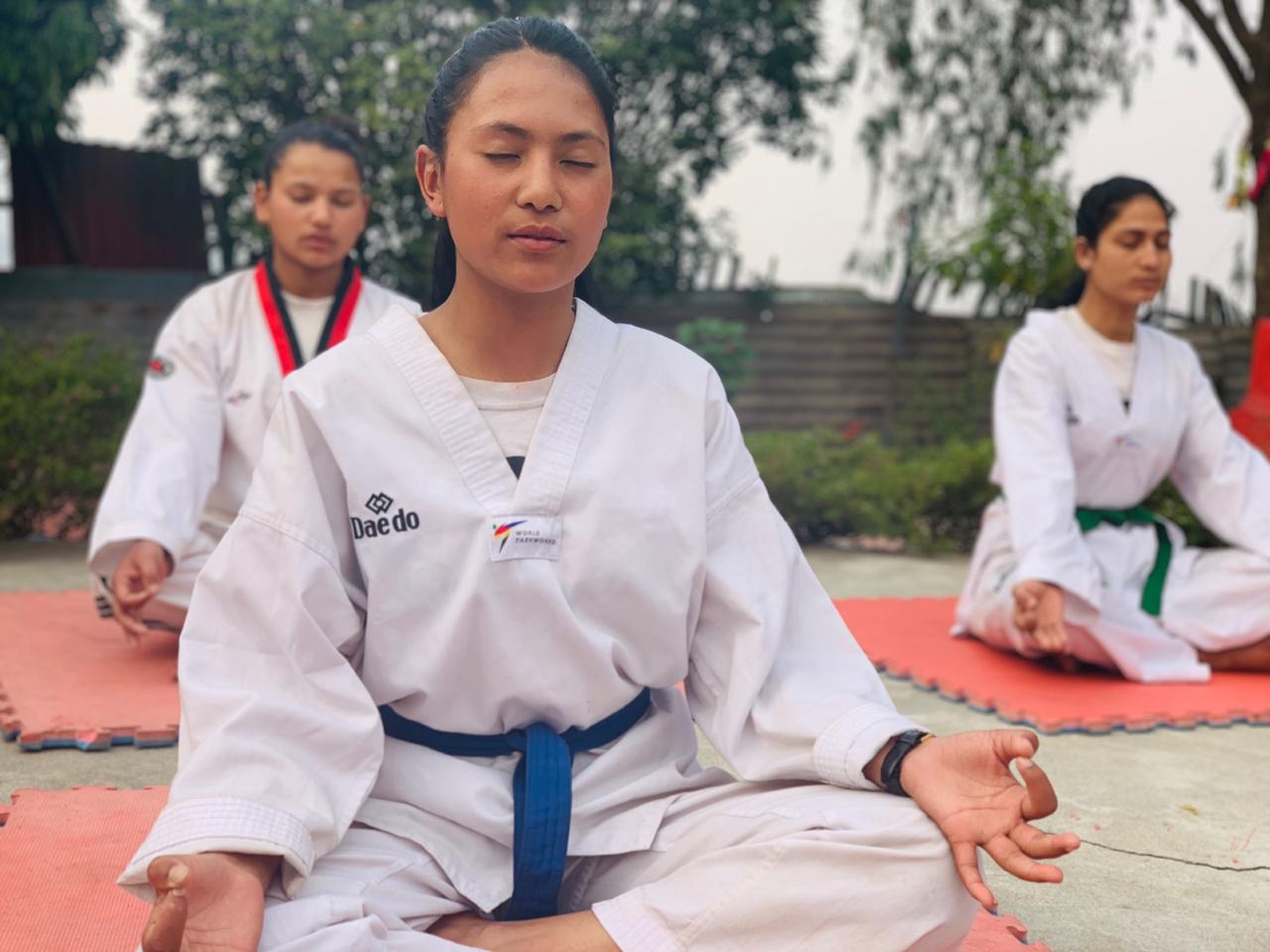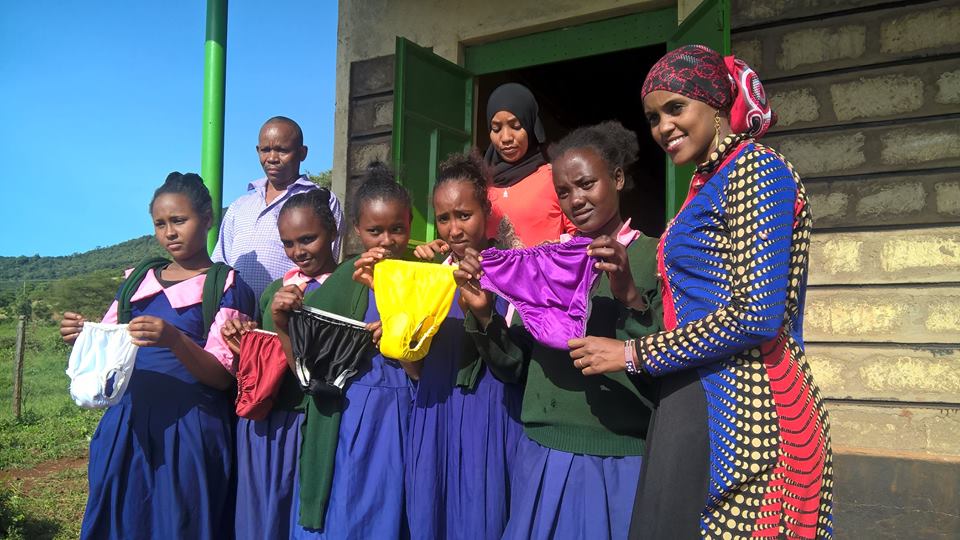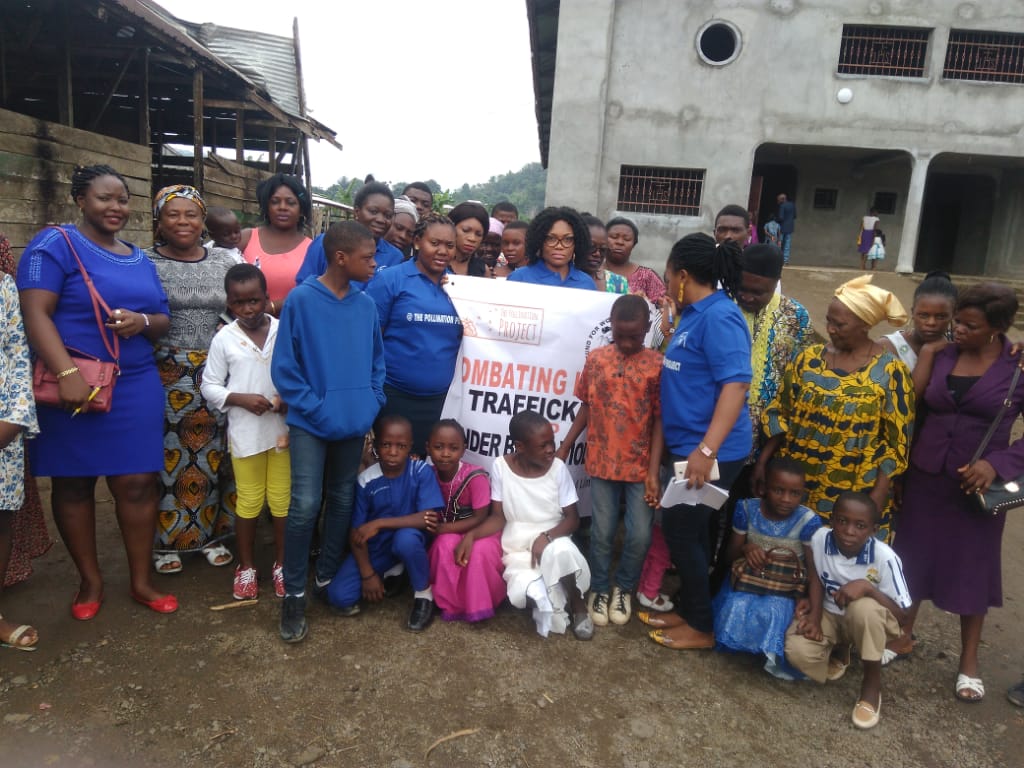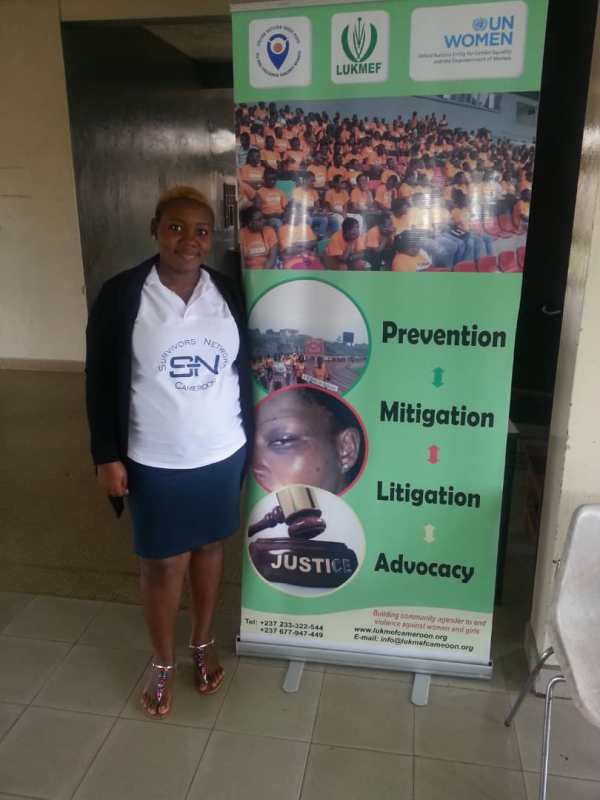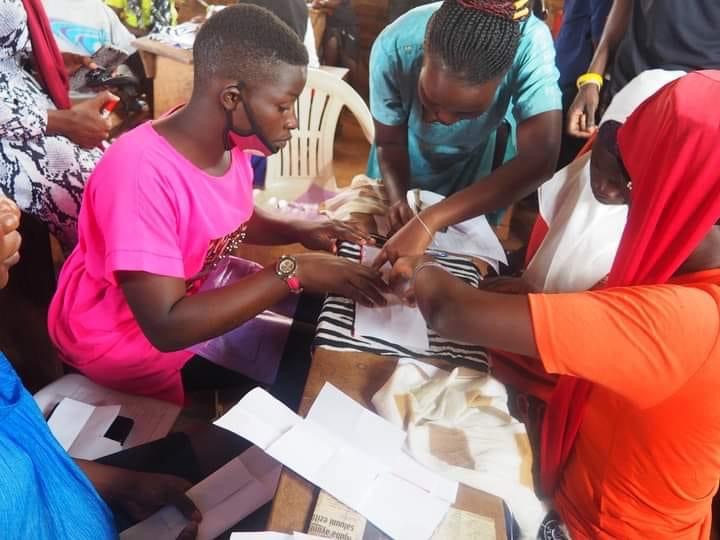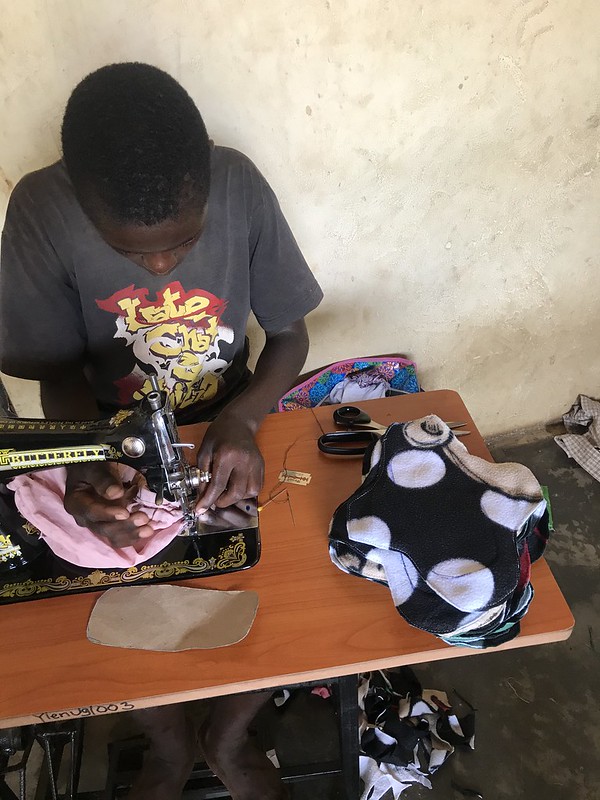Empowerment of
Women & Girls
Amanda Cats-Baril
In 2014 Amanda Cats-Baril and Anne McGuinness were working in Nepal in the humanitarian sector when they met and decided to found The WE United Project, a women-led volunteer initiative founded on the belief that sport enables women and girls to develop social networks, physical strength, self-belief, and the confidence to fully participate in any sphere of life they choose.
During the COVID-19 pandemic, supported by a grant from The Pollination Project, they launched WE Connect to develop an adaptive response engaging and inspiring allies and advocates for women’s empowerment through sport. Since March 2020, they have used their online platforms to highlight stories of women and girls from their own community; educate women and girls through online programming; and challenge gender norms and stereotypes by promoting images of strong, skillful women athletes; and sharing statistics about women in sports.
In 2022-2023 through the We Connect program their ED Arpana Pradhan traveled to the USA with 5 young football players from different parts of Nepal for a fast-paced Sports Visitor Program (SVP) organized by the US Department of State. During the program, they engaged with over 100 girls and women from 12 different countries.
In the last year:
- 28 Women trained in theories and techniques related to football coaching
- 330 girls were provided with safer space for play by the Coaches in Training
- 3 Districts were reached through WE Coach Nepal namely, Surkhet, Dhangadi & Kathmandu
- 800 hours of football training sessions happened with local school girls in our target areas
- 4 Alumni Coaches were employed as Mentor Coaches for the WE Coach program
- 4 Alumni Coaches received the Community Coaching Course by ANFA
- 11 women were empowered to become leaders and active participants in their workplace
- 4 WE Coach Alumni were employed as Coaches for the Company Coaching program.
Stefania Prandi
Stefania Prandi, an Italian journalist and photographer, began her “Oro Rosso, The other side of farmland” project in 2016 with a grant from the Pollination Project. This project focuses on the exploitation and sexual harassment of immigrant female workers in Italian agriculture. These women, hailing from Romania, Bulgaria, Poland, Nigeria, India, and Italy, work in regions like Sicily, Apulia, Lazio, and others. The initial grant allowed Prandi to start her work in Sicily, and she later expanded the project to Morocco and Spain, gaining significant international recognition.
- 2019 Diederichsen (Germania), winner
- 2019 Henri Nannen Award (Germania), winner
- 2018 Georg von Holtzbrinck Preis (Germania), winner
- 2018 Otto Brenner Preis (Germania), winner
- 2018 Deutsche Reporterpreis (Germania), finalist
- 2018 Medien Lowin (Austria), finalist
Stefania received her second grant in 2019 for “The Consequences.” This project, a response to the chilling statistic that a woman in Italy is murdered every two days by a partner or spouse, seeks to challenge societal and media narratives that often downplay perpetrator responsibility, attributing these acts to misguided notions of “love and jealousy.” Prandi’s work delves into the aftermath of domestic violence, giving voice to the stories and silent suffering of victims and their families through a mix of narratives and photography.
This project, supported initially by a seed grant, evolved into an award-winning book and a traveling photo exhibition, offering hope and inspiration to affected families and victims. Prandi’s efforts have been crucial in changing entrenched views on violence against women and sparking dialogue to reassess these narratives.
Her impactful work earned “The Consequences” the Bronze Star Award from the ND Awards and finalist status at Shoot The Face, recognizing her contribution to this critical social issue.
Mona Yadav
Sahas Foundation is a youth run organization founded by Mona Yadav in the year 2016 with a vision to create a world that is free from gender-based violence. The stepping stone towards fulfilling this vision has been to provide knowledge building to the adolescents in India on “Gender, Sexuality and Reproductive Health” thereby building their capacity to challenge child sexual abuse; the earliest form of gender- based violence an individual is vulnerable to. With this work, supported by TPP with a grant in 2017, the intention was also to resolve the existing gap in the Indian education system which is still dismissive of “Gender and Sex Education” curriculum.
Mona Yadav received a second Impact grant in 2018.
They implemented the “Gender, Sexuality and Reproductive Health” intervention with 30 adolescent boys and girls in Haryana and 100 students in another school in New Delhi. Mona designed an intervention program on gender sensitization and reproductive health with 30 teachers in Naoshera, Jammu in collaboration with the Armed Forces.
She also brought her intervention program to 30 teachers in Hisar, Haryana in collaboration with an international school and 30 more teachers in Udaipur, Rajasthan in collaboration with Vidya Bhawan Education Society. So far, Sahas has directly worked with:
- 3500+ adolescents from the age group of 10-16 years in collaboration with 4 community based organizations and 3 Government Schools in Delhi-NCR and Panipat, Haryana.
- 2000+ young people,
- 110+ teachers,
- 100+ Police trainees,
- 300+ women over 11 cities in 6 states of India.
Puja Karki (Raksha Nepal)
Raksha Nepal is a sanctuary for women and children who had endured the horrors of sexual exploitation. They not only provide refuge but also has became a symbol of resilience and empowerment.
In a pivotal moment in 2020 during the Covid-19 pandemic, the Pollination Project recognized the vital work being done at Raksha Nepal and decided to support their HOPE (Help Our Pain To Be Empowered) Project focused on helping sexually abused women and girls find hope and meaning in their lives once again.
Amid the global upheaval caused by the pandemic, the Pollination Project Foundation’s support proved to be a lifeline. Thanks to the grant, Raksha Nepal was able to provide not only shelter but also essential provisions, medical care, and sustenance to these brave girls during their most vulnerable moments.
This story of collaboration, resilience, and compassion illustrates how, when individuals and organizations come together, they can sow the seeds of transformation and empower survivors to blossom into their fullest potential. Raksha Nepal’s journey, with the support of the Pollination Project Foundation, showcases the triumph of hope over adversity and the enduring power of humanity to make a difference in the lives of those who need it most.
To date, Raksha has provided support for over 2,000 women.
Qabale Duba
Qabale Duba is the founder of Qabale Duba Foundation . The organization is located in Marsabit county in northern Kenya. One of their programs is the Pads and Panties (PAPA) Project supported with a TPP grant in 2018. Qabale is so passionate about menstrual hygiene and provision of sanitary pads to the pastoralist girls in rural village schools. Her own personal experience of missing classes due to the lack of sanitary pads in primary school motivated Qabale to start the PAPA project to keep girls in schools.
Since its launch the PAPA Project has kept more than 3,200 girls in different village schools. Therefore, the project has reduced the number of girls missing classes or even dropping out of schools due to lack of basic necessities such as sanitary pads and panties. Currently, the Qabale Duba Foundation is locally making reusable period panties with inbuilt pads in Marsabit County. Their goal is to reach 6,000 girls a year – at least 500 girls every month – in the remote village schools and empower them to finish their schooling without missing classes due to menstruation related issues.
Sanjoh Rose Egbe
Rose is from Cameroon, has a university degree in history, and is a survivor of human trafficking. She was sold as a slave by her cousin with a promise of a teaching job in Kuwait that turned into a nightmare of human exploitation.
Upon her return to Cameroon, Rose made a profound decision that would forever alter the course of her life. She resolved to dedicate her existence to the empowerment of women, to raising awareness about the insidious forms of human trafficking that plague communities, and to championing the cause of human rights in both urban and rural areas of her homeland.
Supported by a grant from The Pollination Project in 2019, she initiated a series of educational workshops, community sessions, and the creation and dissemination of informational materials that shone a light on the paramount importance of safe migration and the crucial ability to recognize the sinister workings of traffickers.
In a world where victims of human trafficking often conceal their past out of fear, Rose stood as a shining example of courage and resilience. Her unwavering determination and the bravery to share her own story served as an inspiration to countless survivors. Through her leadership, others found the strength to break the silence, to speak their truth, and to confront the horrors they had endured. Together, they forged a powerful collective effort that began to chip away at the alarming rates of young girls embarking on treacherous journeys to the Middle East.
Rose’s story is a testament to the extraordinary strength of the human spirit, the power of redemption, and the indelible impact that one person’s determination can have in reshaping the future for countless others. Rose’s commitment led her to the creation of the Fund for Women in Development (FWID) , a female-led organization with 12 employees. Fund for Women in Development currently serves the population of the Southwest region in multiple local communities.
Okwir Walter
Fueled by a $1,000 grant in 2021, Walter’s vision materialized into a life-altering campaign in Uganda’s Kayunga District, focusing on menstrual health management. The project – a one-year endeavor – targeted vulnerable girls and young women, without excluding critical stakeholders such as boys, men, and community leaders. This inclusive approach highlighted menstrual health as a comprehensive societal issue, linked to human rights, public health, and gender equality.
The initiative’s success is quantifiable not just in outreach numbers but in the profound societal shifts it engendered:
- Outreach Achievement: Over 5,000 young individuals were educated on Menstrual Health and Hygiene (MHH) through direct contact and online platforms.
- Educational Workshops.
- Skill Development: Youth were trained to craft eco-friendly reusable sanitary pads and produce liquid soap..
- Community Dialogues: A series of discussions were facilitated, encouraging a collaborative approach to delivering Sexual Reproductive Health and Rights (SRHR) information and services that respect human rights.
- Community Empowerment: Extensive sensitization efforts.
- Health Outreaches.
- Religious Involvement: Engaging religious leaders.
- Peer Engagement.
After the initial grant, the ‘1k Sanitary Pad Project’ successfully garnered additional resources, including a $250 award from Peace First, which also produced a documentary series spotlighting the project’s impact.

